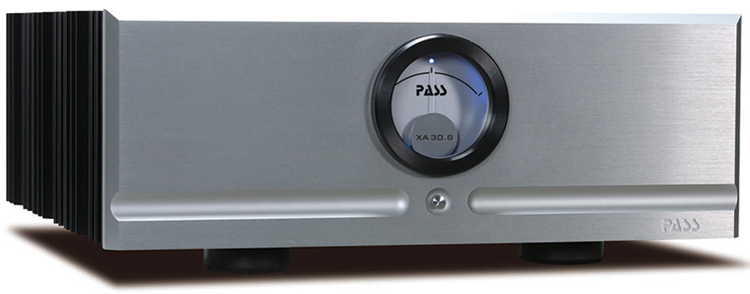Well, here's another strike the greenies can hold against us.
"You will get a shock if you know how inefficient the conversion of the electrical power
Pe of the amplifier to the emitted (acoustical) sound power Pac of the speaker really is.
The efficiency is only around 2 percent."
Me (roughly):

http://www.sengpielaudio.com/calculator-efficiency.htm
(my "go to" calculating site)
"You will get a shock if you know how inefficient the conversion of the electrical power
Pe of the amplifier to the emitted (acoustical) sound power Pac of the speaker really is.
The efficiency is only around 2 percent."
Me (roughly):
http://www.sengpielaudio.com/calculator-efficiency.htm
(my "go to" calculating site)

